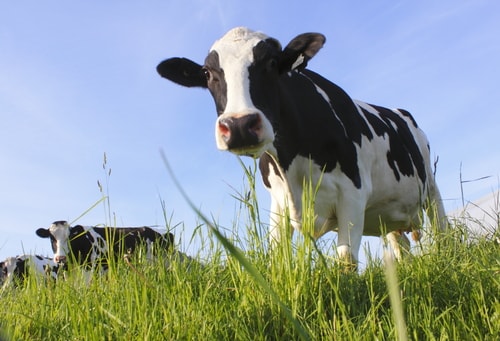Dairy is an important part of the state’s agricultural sector
By Diego Flammini, Farms.com
As parts of United States and Canada celebrate June as National Dairy Month, the state of Kansas is starting to take part in the celebrations of all things dairy and the farmers responsible for making them available to consumers.
Kansas Governor Sam Brownback officially declared June as Kansas Dairy Month.
“We are very proud of the accomplishments Kansas dairymen have made to make our state one of the fastest growing dairy states,” Governor Brownback said. “Last year, Kansas produced over 3.1 billion pounds of milk, which equates to nearly 350 million gallons of milk. Kansas dairymen are doing their part to supply the growing demand for dairy products around the world.”
There are more than 325 dairy farms in Kansas, home to about 143,000 dairy cows. Kansas produced around $746 million worth of milk in 2014. The dairy industry as a whole in Kansas rose by 6.1% last year – making it one of the fastest growing states when it comes to dairy production.

Some stats about the Kansas dairy industry:
- The average dairy cow produces about 7 gallons of milk per day and more than 2,500 gallons annually
- About 81% of Kansas milk is sold to other states
- Kansas produced more than 3 billion pounds of milk in 2014
- Kansas is the 16th largest state when it comes to milk production
There are dairy-themed celebrations going on throughout June in Kansas, too.
On Saturday, June 13, Deanna Rose Children’s Farmstead in Overland Park, Kansas will host a day of milking, dairy crafts and farmer photos.
On Saturday, June 20, Rokeyroad Holsteins in Sabetha, Kansas will host a breakfast on the farm.
Tell us your thoughts about Kansas Governor Brownback declaring June as Kansas Dairy Month. As a dairy farmer in Kansas, what does that mean to you?